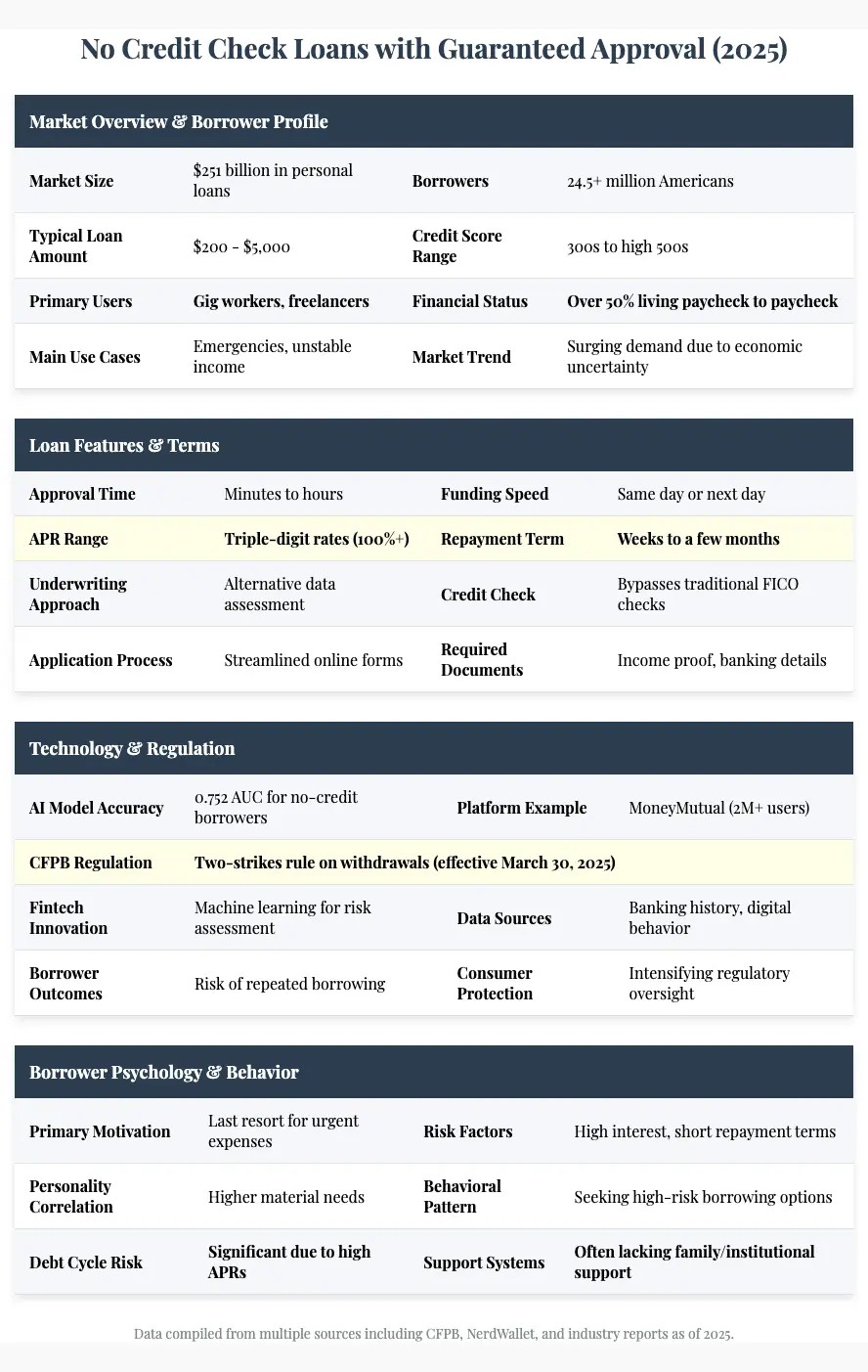I Need $100 Now No Credit Check

Desperate individuals are increasingly turning to online searches for "I need $100 now no credit check," exposing themselves to potential predatory lenders and scams.
The urgent demand for small, short-term loans without credit checks highlights a critical gap in accessible and safe financial resources, leaving vulnerable populations at risk.
The Allure of Quick Cash
The promise of immediate funds is a powerful draw, particularly for those facing unexpected expenses or income shortfalls.
Google Trends data indicates a consistently high search volume for terms like "I need $100 now no credit check," suggesting a widespread and persistent need.
These searches often spike during economic downturns or periods of financial instability.
Who is Searching?
Individuals with low credit scores, limited access to traditional banking services, or those facing urgent bills often resort to these online searches.
The Consumer Financial Protection Bureau (CFPB) reports that a significant portion of the population is considered "credit invisible" or has subprime credit scores, making them prime targets for predatory lending practices.
Many are unaware of the potential risks and high costs associated with these types of loans.
What are the Risks?
Loans offered through these channels often come with exorbitant interest rates, sometimes exceeding 400% APR.
Hidden fees and aggressive collection practices are also common, trapping borrowers in a cycle of debt.
The Federal Trade Commission (FTC) warns consumers about the prevalence of scams targeting those seeking quick loans, including identity theft and fake loan offers.
Predatory Lending Practices
Predatory lenders exploit the desperation of borrowers by offering seemingly easy access to cash without properly assessing their ability to repay.
These lenders often operate online, making it difficult to track them down and hold them accountable.
They may use deceptive marketing tactics to lure in vulnerable individuals, promising fast approval and guaranteed loans.
Data Security Concerns
Many of these online lenders require borrowers to provide sensitive personal information, including Social Security numbers and bank account details.
This information can be compromised if the lender does not have adequate security measures in place.
The Identity Theft Resource Center (ITRC) reports an increase in cases related to online lending scams, emphasizing the importance of protecting personal data.
Where are these Loans Offered?
These loans are primarily offered online through websites and mobile apps.
Many are advertised on social media platforms and search engines.
Some storefront payday lenders also offer online loans, expanding their reach to a wider audience.
When is the Demand Highest?
The demand for these types of loans tends to peak at the end of the month, when bills are due and paychecks are running low.
Holiday seasons and unexpected emergencies also drive up the demand for quick cash.
Economic downturns and job losses contribute to a sustained need for short-term financial assistance.
How to Avoid Scams and Predatory Lending
Borrowers should carefully research any lender before applying for a loan.
Check for reviews and complaints online, and verify the lender's licensing and registration.
The Better Business Bureau (BBB) is a valuable resource for checking a lender's reputation.
Consider Alternatives
Explore alternative options, such as borrowing from friends or family, seeking assistance from local charities, or negotiating payment plans with creditors.
Credit counseling agencies can provide guidance on managing debt and improving financial literacy.
The National Foundation for Credit Counseling (NFCC) offers free or low-cost credit counseling services.
Report Suspicious Activity
If you suspect you have been targeted by a scam or predatory lender, report it to the FTC and your state's attorney general.
You can also file a complaint with the CFPB.
Reporting these incidents helps authorities track down and prosecute fraudulent actors.
Next Steps
The CFPB is actively working to regulate the payday lending industry and protect consumers from predatory practices.
Increased awareness and financial literacy education are crucial in helping individuals avoid these harmful loans.
Consumers should remain vigilant and exercise caution when searching for quick cash online.


















